
Por Gina Gutiérrez
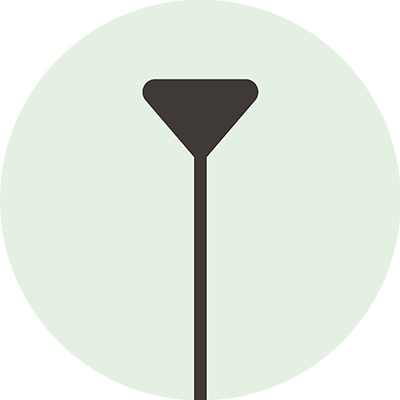
Me llamo Ana, Yoalli, Rosa, Elena, María, Yólotl, Laura. Tengo 17, 25, 33, 48, 56, 64, 72 años. No importa dónde vivo, soy una mujer del campo.
Son las 4 AM, no ha sonado la alarma del despertador, pero ya no lo necesito. Diariamente me despierto a esa hora, y la rutina comienza. Me pongo algo abrigador, zapatos y salgo de casa intentando no hacer ruido. Hay que ordeñar a las vacas y atender a las gallinas. Mi consuelo es que sé que la leche y el huevo son buenos para mí y mi familia. Ya tengo hambre, quiero un café o un chocolate, pero hay que limpiar los corrales y dejar comida para todos los animales. Me doy una vuelta por el campo para ver qué puedo cosechar en ese momento. No hay mucho porque el clima no ha ayudado y el pequeño huerto familiar no ha dado mucho porque tampoco nos ha llegado agua del municipio. No ha llovido. Regreso a casa y busco más ingredientes, porque hay que preparar el desayuno y lo que los niños se van a llevar a la escuela y, si da tiempo, tiene que dar tiempo, empezar a preparar la comida.
Los niños siguen dormidos, pero ya empecé a hacer ruido mientras limpio la casa para que vayan despertando, porque hay que alistarse para llevarlos a la escuela. Un huevo, un vaso de leche y frijoles. Otros no son tan afortunados, ni siquiera desayunan. ¡Vámonos! que la escuela está muy lejos. Sólo espero que valga la pena el esfuerzo de la rutina de todos los días.
Regreso a casa y hay que volver a ver el ganado, verificar que tengan agua y que todavía tengan comida, si no, hay que darles más; y con lo caro que está todo… Otra vez al campo, hay que trabajar la tierra también, ayudarla como se pueda para ver si, al final de la temporada, tenemos una buena cosecha. Sin lluvia se ve difícil, aunque eso ayudó a que no hubiera tanta plaga, pero el campo necesita agua y, como no alcanzó para comprar fertilizantes, no sé qué va a pasar.
Me llamo Ana, Yoalli, Rosa, Elena, María, Yólotl, Laura. Tengo 17, 22, 33, 48, 56, 64, 71 años. No importa dónde vivo, soy una mujer del campo. Una mujer que trabaja todos los días para intentar sobrevivir en un mundo dominado por hombres, porque yo no puedo tener tierra y si ayudo en cosechas grupales, no me pagan a mí porque el que “administra” mi dinero es mi esposo. Tengo que trabajar en el campo “con” él si estoy casada, o “con” mi papá o mis hermanos, pero sé que no es “con” ellos, sino “para ellos; o trabajo sola porque mi esposo no está, por la razón que sea, pero lo poco que gano no es para mí. Trabajo en el campo, pero también hago el trabajo doméstico y crío a mis hijos o a mis hermanos. Trabajo en el campo, pero no soy tomada en cuenta.
Esta es la realidad de muchas más mujeres de las que nos imaginamos y no sólo en México, sino en todo el mundo.
En cada evento donde se habla de cerrar la brecha de género en el campo se dice siempre lo mismo; hay que reconocer, visibilizar y valorar el rol de las mujeres en los sistemas agroalimentarios porque sus contribuciones son fundamentales, pero creo poco hacemos para que las mujeres tengamos más oportunidades y verdaderamente se terminen las desigualdades.
El año pasado, la SADER estimaba que 6.8 millones de personas trabajan en el campo y, en la conmemoración más reciente del Día de las Mujeres Rurales, la Secretaría detalló que en nuestro país hay un millón de mujeres que trabajan directa e indirectamente en el campo. Hay muchas mujeres a las que no les queda de otra más que trabajar en el campo, sea porque no hay otras opciones laborales en sus comunidades, porque no tienen la preparación para tomar otros trabajos, porque son obligadas o porque si no lo hacen, sus familias no tendrían nada que comer.
Yo me llamo Georgina (Gina), tengo 38 años, soy soltera, no tengo hijos y también trabajo en el campo. Sin embargo, tengo muchos más privilegios que mis compañeras. Lo sé. También vivo en un mundo de hombres y me ha costado mucho abrir puertas, derrumbar muros y hacerles ver a mis colegas hombres que tengo mucho que aportar al campo. He trabajado y me he preparado para hacer valer mi nombre, mi conocimiento y mi presencia, y dejar de ser la hija, hermana o nieta de alguien, por mucho que me enorgullezca ser parte de mi familia. Ya soy yo, pero me ha costado demasiado y sé que no puedo, ni por un segundo, mostrar tantita vulnerabilidad, porque a mi alrededor hay bulldozers listos para arrollarme si me descuido. Los hombres de mi familia me respaldaron y eso me ha dado fuerza, pero no pueden hacerlo en todos los lugares en los que participo. Es triste y enfurecedora la realidad de tantas mujeres que, de ninguna manera, tendrían el apoyo de los hombres de su familia porque, además son víctimas de la violencia.
Mis amigos fuera del trabajo siempre comparten cosas positivas sobre mi trabajo, lucha y entrega, aprecian el empuje que tengo porque no ven a ninguna mujer a mi alrededor que haga equipo conmigo y eso provoca una mezcla de sentimientos cargados de impotencia, porque al mismo tiempo en que siento orgullo porque he llegado lejos, siento coraje que no todas tengan las mismas oportunidades.
Recientemente iniciamos una campaña que se llama #PorNuestroCampo. Nuestra primera petición es que la voz de los productores se escuche, porque los que trabajamos en el campo deberíamos tener un lugar en la mesa donde se toman las decisiones que afectan la manera en que producimos los alimentos que llegan a tu mesa. La voz de las mujeres que trabajamos en el campo también debe ser escuchada porque, si bien el campo enfrenta retos que otros sectores ni se imaginan y debemos visibilizarlos, como ya he expresado, las mujeres productoras enfrentan una situación mucho más compleja. La falta de acceso a recursos financieros y tecnológicos, infraestructura y servicios básicos, remuneraciones por el trabajo dentro y fuera del campo, educación básica y técnica, así como la violencia y la inseguridad hacen que se pierdan oportunidades valiosas para que nuestro campo sea próspero a todos niveles y para todos, y que de él no sólo salgan los alimentos que necesitamos todos los días, sino mujeres empoderadas que contribuyen a la seguridad nutricional de sus familias, comunidades y nuestro país.
Te invito a seguir nuestros esfuerzos y conozcan nuestra campaña, porque ver #PorNuestroCampo es ver por nuestros productores, hombres y mujeres en todo México que queremos seguir alimentándolos a todos. Súmate y harás algo #PorNuestroCampo y nuestras mujeres, porque de ahí saldrán muchas líderes de la comunidad agropecuaria que estarán encantadas de contar su historia personal y sentirse orgullosas de ver por el futuro de México.
Soy una mujer del campo y quiero decirte que en cada surco de nuestra tierra y en cada amanecer, las mujeres del campo trabajamos no sólo para producir alimentos, sino también para un futuro más justo y equitativo. #PorNuestroCampo es un llamado a reconocer, valorar y apoyar nuestras contribuciones, para que el trabajo de hoy se traduzca en oportunidades y empoderamiento para las generaciones venideras. Únete a nuestra causa, porque juntos, hombres y mujeres, cultivamos el cambio y cosechamos un mañana más próspero para todos.
*Gina Gutierrez
Ganadera lechera, 5a generación
Directora de comunidad en Global Farmer Network
Embajadora de la leche por Global Dairy Platform
Las opiniones expresadas son responsabilidad de sus autoras y son absolutamente independientes a la postura y línea editorial de Opinión 51.
Más de 150 opiniones a través de 100 columnistas te esperan por menos de un libro al mes.


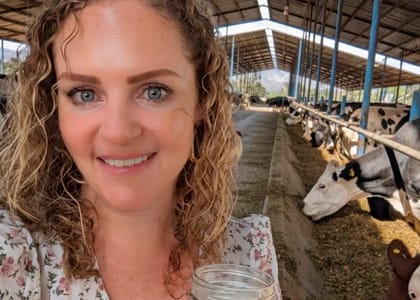
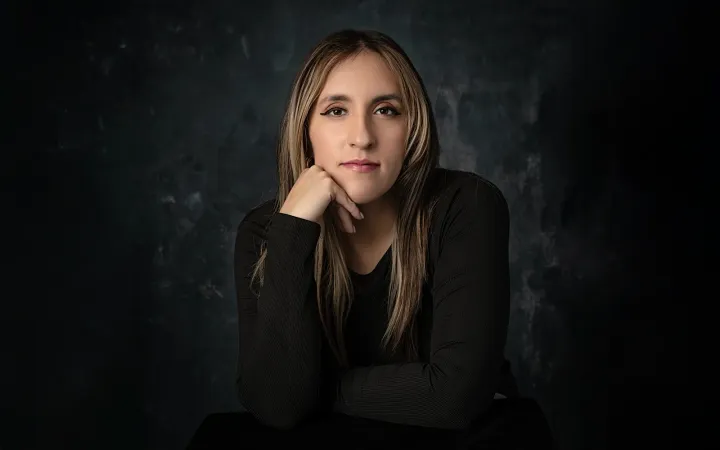
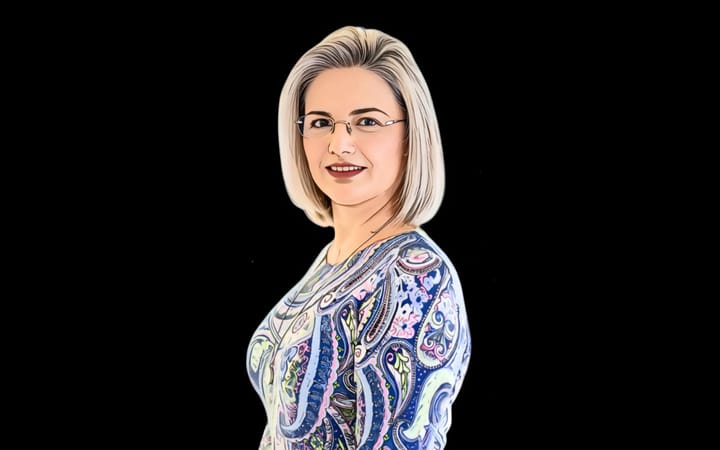
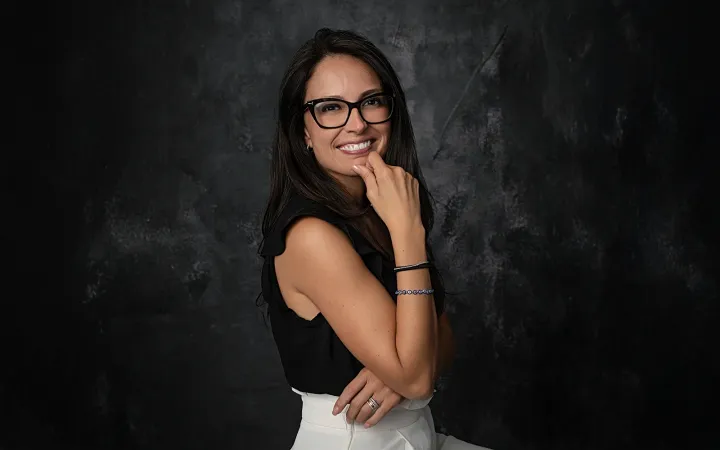
Comments ()